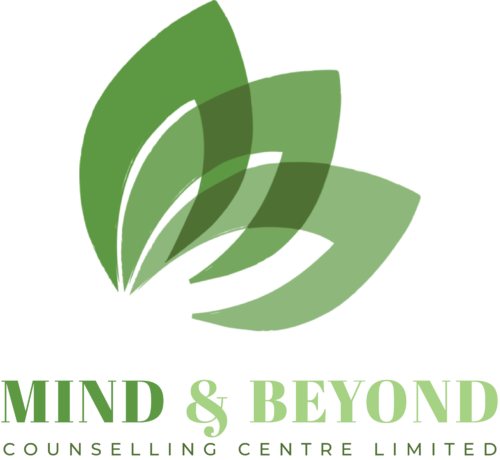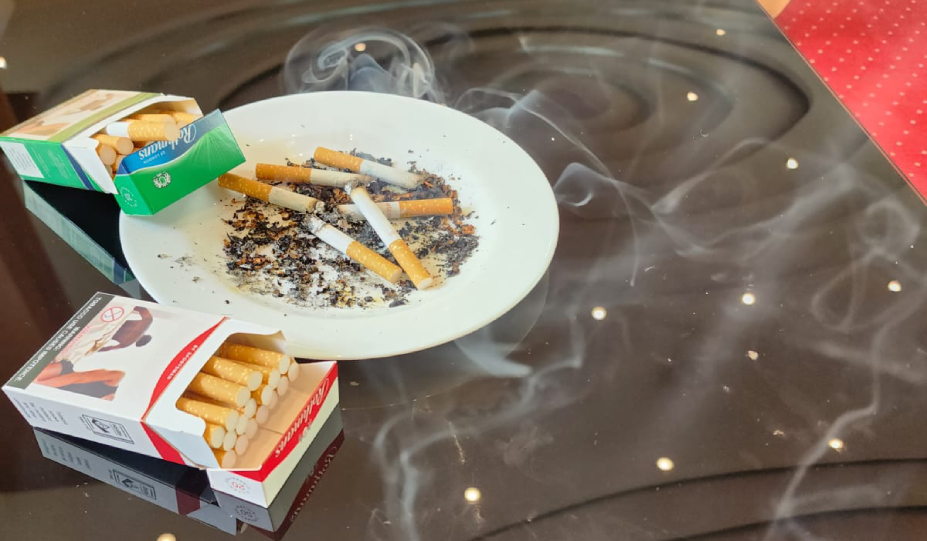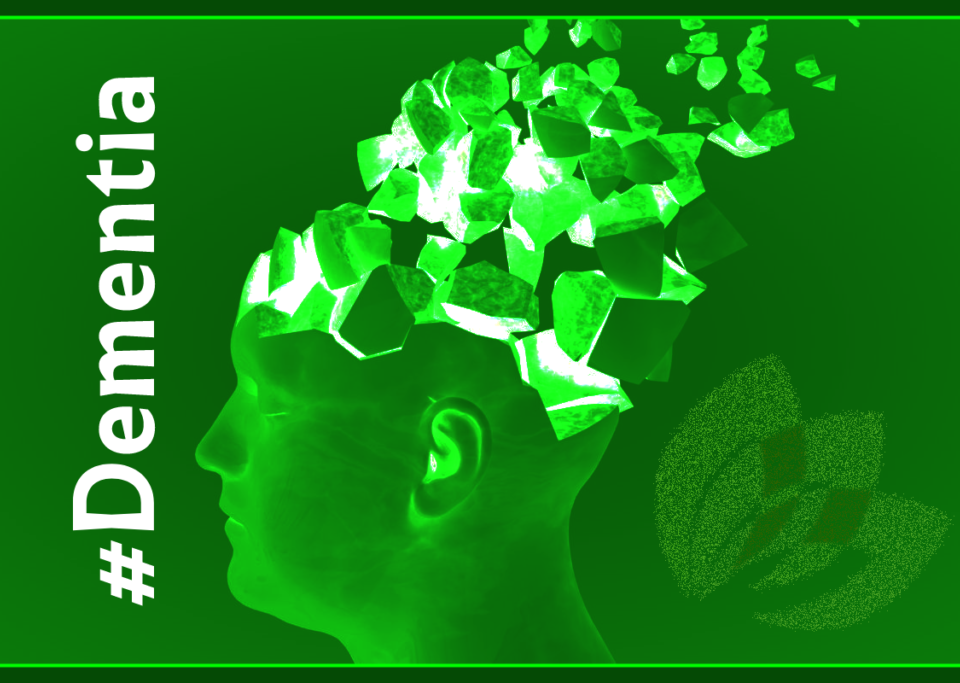
Jolt a Journal for personal growth.
August 4, 2022
Abortion in 2022: The Truth No One Talks About
December 5, 2022| Getting your Trinity Audio player ready... |
Dr. Jane Nyutu PhD.
Counselling Psychology
Mind and Beyond Counselling Centre-Mount Kenya University
What is Incest
Rates of incest in Kenya
According to a report on gender based violence, in every 160 defilement cases reported, 59 are incestuous cases. This report was conducted between 2018-2021
This shows that one in every 2.7 cases was incestuous.
Causes of incest

- Influence of alcohol and drugs.
- Maladaptive beliefs and myths
- Breakdown of traditional morals and taboos.
- Inhumane nature and ungodliness
Results of Incest
Victims of incest suffer from negative feelings such as:
Guilt, shame/ embarrassment
Loss of power by the authority figure over the victim.
To numb these feelings, the victims may start abusing alcohol and other drugs as they mature into adulthood .
They may have sexual dysfunction and psychiatric issues.
The victim may encounter challenges in getting married and raising own families.
Stolen childhood innocence
Shattered dreams
Bottled/repressed anger and bitterness
Anxiety, stress
Children exposed to incest and maltreatment are prone to Post-traumatic stress disorder (PTSD) (Igelman et al 2006).
Depression and suicide
Societal View on Incest
Why incest is condemned by some cultures:
Incest is perceived as a taboo in almost all cultures.
Some African communities perceive incest as evil, antisocial behavior. Those who involve themselves in it are treated as abnormal, outcasts and sometimes they are even banished from society completely.
In the Kikuyu society perpetrators faced thoroughly punished painfully through physical beatings, mockery, and fines.
Children born out of incest were sometimes killed to wade away evil and please the “gods”.
Some cultures advocate for babies out of incest to be killed or thrown away in the forest.
Others abandon the children hoping that a good samaritan will adopt them for fear of stigma.
Some communities believe that some children from incestious ties are born with ; mental/ psychological incapacities (cogenital malformation, recessive disorders, mild delays, or down syndrome) and funny physical features (Bittles 1981).
Who is vulnerable to incest?

- Young children and girls living with relatives either for upkeep or
work especially from poor families and from rural set up.
- Isolated children and youths due to family conflicts, absent parents,
seperation and divorce . Knox & Schacht (2008) suggests that children
may at times involve sexual exploitation, whereby an older brother
might coerce female siblings who are younger into nudity or sex. Research
indicates that children who received sexual abuse report being abusive in their adult life.
Why dealing with incest is difficult

The ties are mostly done in secret or concealed completely from others so they remain unnoticed and unresolved.
Conservative culturural and retrogressive beliefs and myths.
Ignorance where people fail to understand themselves neither law of the land.
Fear of negative reaction by the perpetrator.
Getting away easily after committing the crime due to leniency
of the family and community.
Some accept the fine and fail to punish the perpetrator.
Illustration: Client X
Client X learnt that the parents passed on when was barely 5 years. the client was raised up by relatives. As the client joined college, raising tuition fee was difficult ….. a close relative offered to meet all education needs. The excitement did not last long when the relative demanded sexual favors before paying the fees. Due to desperation, the client fell into this ugly snare and kept secret but really affected the clients life emotionally and socially.
To make matters worse, the client later realized that incest is a serious taboo in their community and yet could not disclose this to anybody…”. This has resulted to psycho-social challenges such as lack of sleep, withdraway from family and friends, lack of drive, low-self-esteem and self pity, feelings of guilt, shame and hopelessness, anger and sadness among other neagtive feelings
Interventions for Incest Clients
Psychological counselling with a proffessional /trained staff to address the stigma and negative feelings such as guilt, shame or embarrassment, anxiety and fear.
Psychriatric intervention
This helps the victim deal with trauma associated with the act.
Social support from trusted family members and friends
Psycho-education of pros and cons for incest and ways to deal with the retrogressive beliefs and cultural aspects associated with the vice.
Supervision of children and youth
Avoid staying with relatives who have negative habits and values.
References
David.K& Caroline.S (2008). Choices in relationships. An Introduction to Marriage and the Family: 9th edition; Thomson Wadsworth, USA.
Ryckman.M.R.(1989). Theories of Personality: 4th edition. Brooks/Cole; USA.
Sue and Sue et al (2013). Understanding Abnormal Behavior: 10th edition: Wadsworth, USA.






